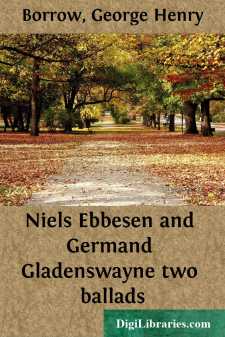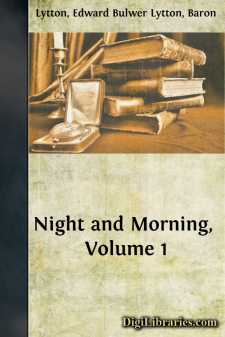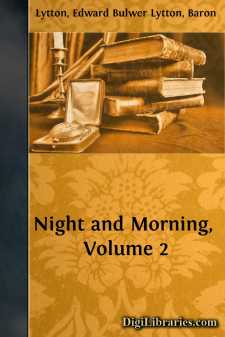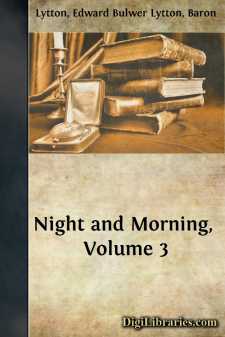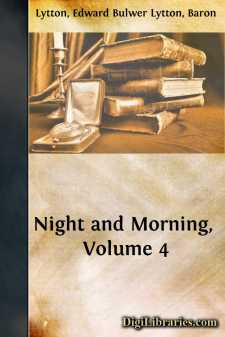Categories
- Antiques & Collectibles 13
- Architecture 36
- Art 48
- Bibles 22
- Biography & Autobiography 813
- Body, Mind & Spirit 142
- Business & Economics 28
- Children's Books 13
- Children's Fiction 10
- Computers 4
- Cooking 94
- Crafts & Hobbies 4
- Drama 346
- Education 46
- Family & Relationships 57
- Fiction 11828
- Games 19
- Gardening 17
- Health & Fitness 34
- History 1377
- House & Home 1
- Humor 147
- Juvenile Fiction 1873
- Juvenile Nonfiction 202
- Language Arts & Disciplines 88
- Law 16
- Literary Collections 686
- Literary Criticism 179
- Mathematics 13
- Medical 41
- Music 40
- Nature 179
- Non-Classifiable 1768
- Performing Arts 7
- Periodicals 1453
- Philosophy 64
- Photography 2
- Poetry 896
- Political Science 203
- Psychology 42
- Reference 154
- Religion 513
- Science 126
- Self-Help 84
- Social Science 81
- Sports & Recreation 34
- Study Aids 3
- Technology & Engineering 59
- Transportation 23
- Travel 463
- True Crime 29
Sort by:
CHAPTER I. The sun of an August afternoon, 1782, was yet blazing upon the rude palisades and equally rude cabins of one of the principal stations in Lincoln county, when a long train of emigrants, issuing from the southern forest, wound its way over the clearings, and among the waving maize-fields that surrounded the settlement, and approached the chief gate of its enclosure. The party was numerous,...
more...
CHAPTER I. HOW THE CHILDREN PLAYED. When news of the War first came to Polpier, Nicholas Nanjivell (commonly known as Nicky-Nan) paid small attention to it, being preoccupied with his own affairs. Indeed, for some days the children knew more about it than he, being tragically concerned in it—poor mites!—though they took it gaily enough. For Polpier lives by the fishery, and of the fishermen a large...
more...
NIELS EBBESEN. All his men the Count collects, And from Slesvig marched away;Never such as host was seen Or before or since that day. Into Denmark marched the Count, Followed by so fair a band;Banners twenty-four they bore, Power like theirs might none withstand. Gert the Count to Randers rode, To bad counsel lending ear;For from old it stood foretold, He should end there his...
more...
by:
John Gierlow
INTRODUCTION. Lewis Holberg, the author of the Narrative of Niels Klim, was the most eminent writer among the Danes in the eighteenth century. His works show a surprising versatility of genius, comprising Histories and Treatises on Jurisprudence, together with Satires and Comedies. He was by birth a Norwegian, but was educated at the University at Copenhagen in Denmark. Soon after receiving a...
more...
by:
Virginia Woolf
CHAPTER I It was a Sunday evening in October, and in common with many other young ladies of her class, Katharine Hilbery was pouring out tea. Perhaps a fifth part of her mind was thus occupied, and the remaining parts leapt over the little barrier of day which interposed between Monday morning and this rather subdued moment, and played with the things one does voluntarily and normally in the daylight....
more...
Much has been written by critics, especially by those in Germany (the native land of criticism), upon the important question, whether to please or to instruct should be the end of Fiction—whether a moral purpose is or is not in harmony with the undidactic spirit perceptible in the higher works of the imagination. And the general result of the discussion has been in favour of those who have contended...
more...
Much has been written by critics, especially by those in Germany (the native land of criticism), upon the important question, whether to please or to instruct should be the end of Fiction—whether a moral purpose is or is not in harmony with the undidactic spirit perceptible in the higher works of the imagination. And the general result of the discussion has been in favour of those who have contended...
more...
CHAPTER I. "Incubo. Look to the cavalier. What ails he? . . . . . Hostess. And in such good clothes, too!" BEAUMONT AND FLETCHER: Love's Pilgrimage. "Theod. I have a brother—there my last hope!. Thus...
more...
CHAPTER I. "The knight of arts and industry, And his achievements fair." THOMSON'S Castle of Indolence: Explanatory Verse to Canto II. In a popular and respectable, but not very fashionable quartier in Paris, and in the tolerably broad and effective locale of the Rue ——, there might be seen, at the time I now treat of,...
more...
CHAPTER I. "O that sweet gleam of sunshine on the lake!" WILSON'S City of the Plague If, reader, you have ever looked through a solar microscope at the monsters in a drop of water, perhaps you have wondered to yourself how things so terrible have been hitherto unknown to you—you have felt a loathing at the limpid element you hitherto deemed so...
more...




